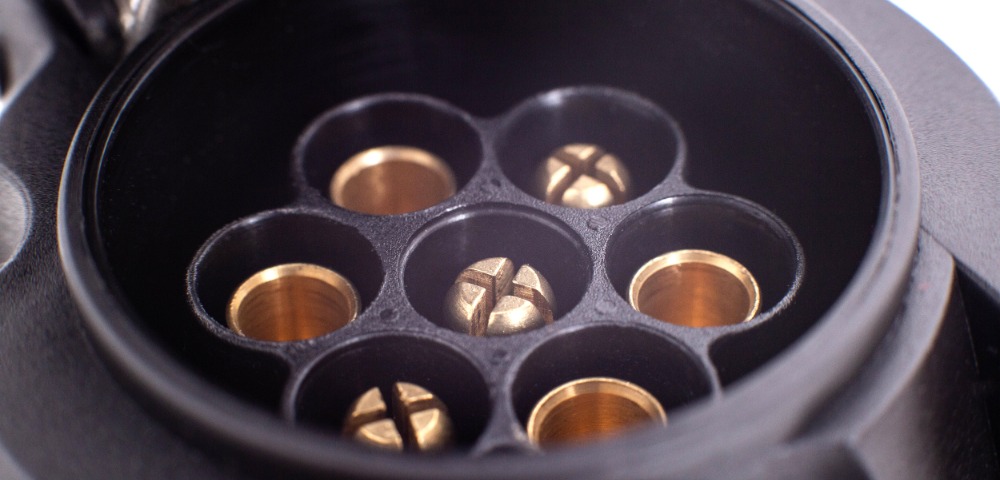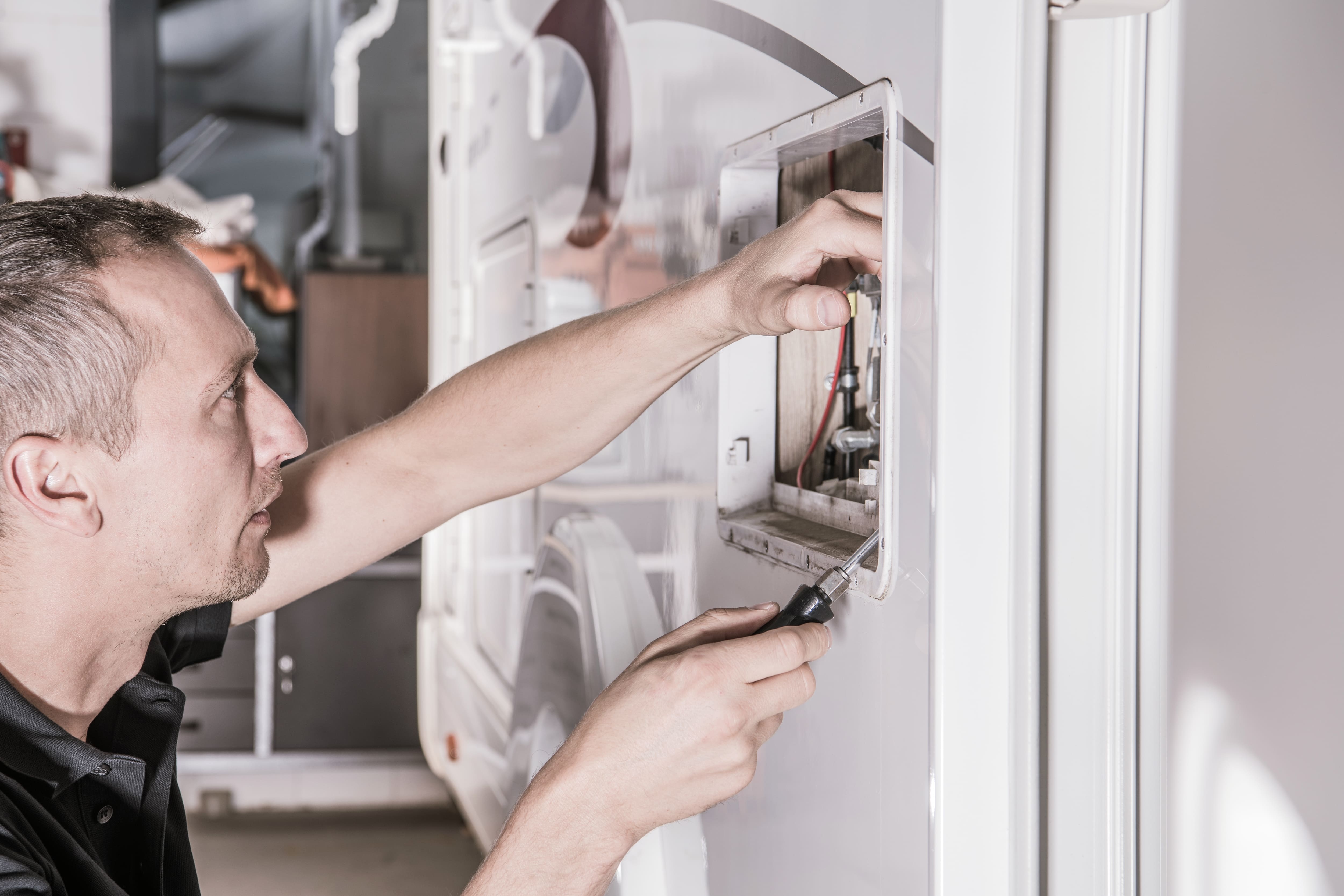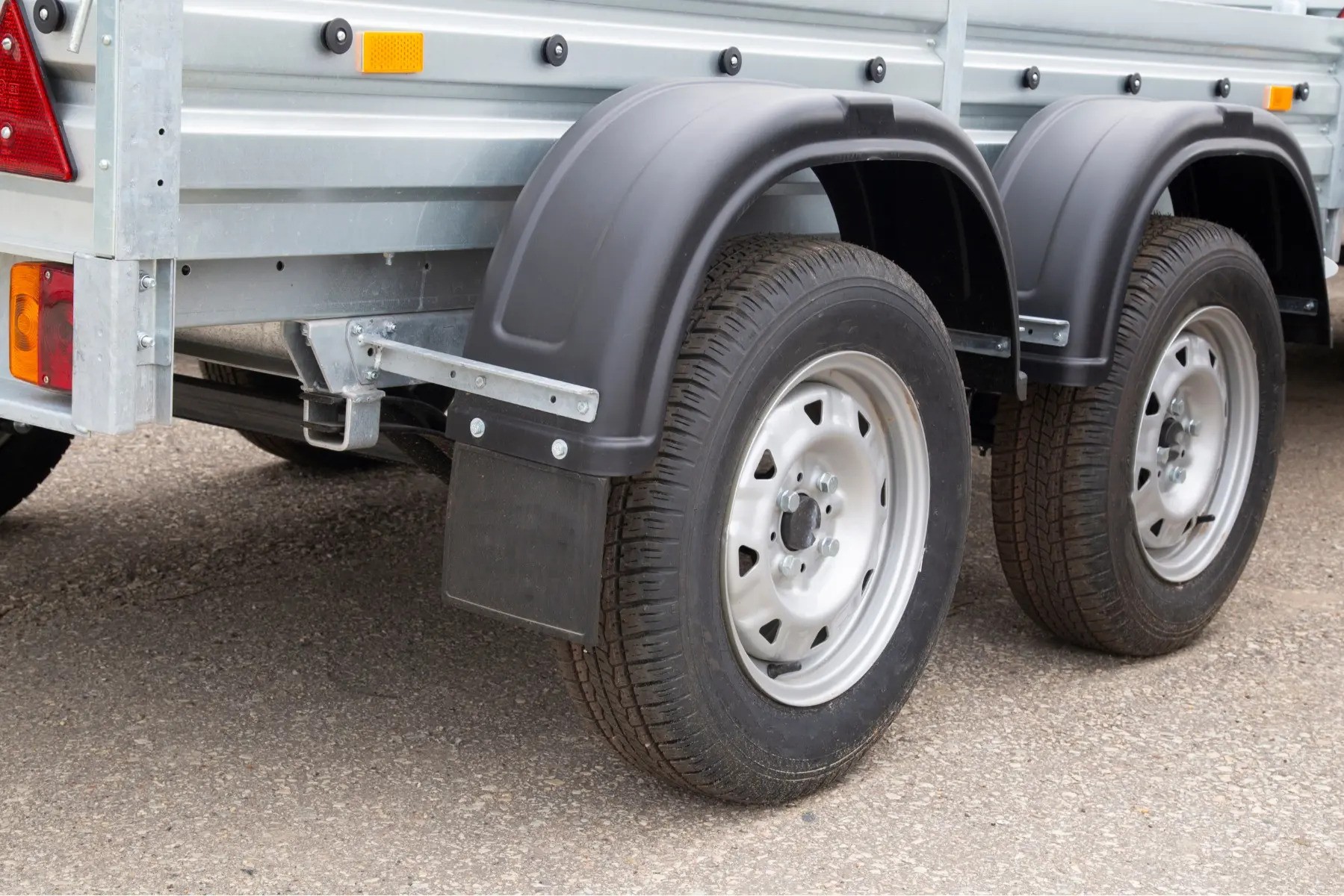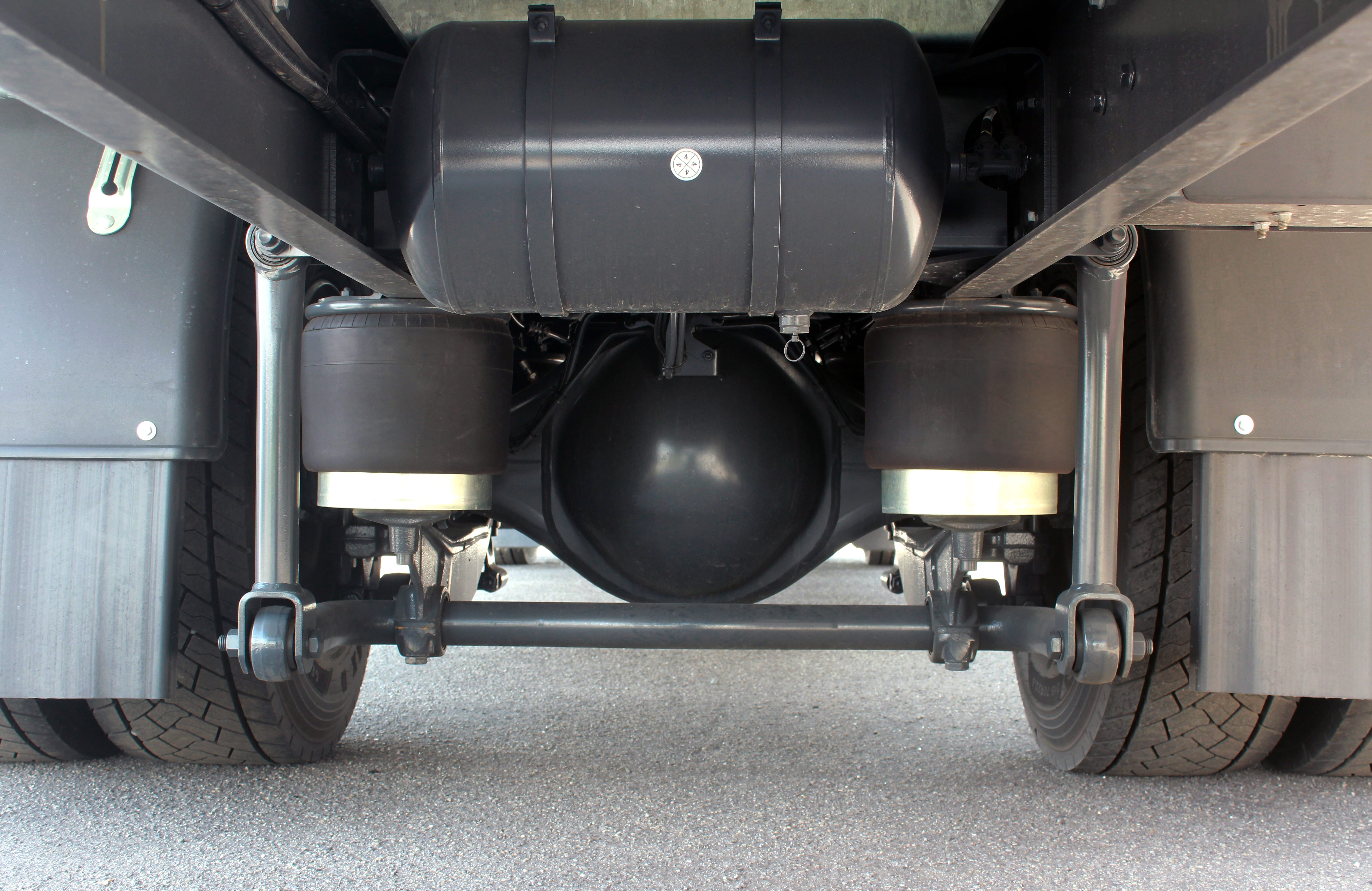Your trailer plug connects your towing vehicle to your trailer, with different wiring types, people often ask ‘how do I know which wiring connector is right for me?’ We are going to break down which plug types there are, the differences between them, and the advantages of each choice.
The plug between your towing vehicle and trailer is pathway for all electrical information that needs to go to your trailer, this will include all of the light functions, any power required by your trailer and control to any accessories you have on your trailer, such as reversing cameras.
Plug Basics
Trailer plugs may seem confusing to some extent when you compare them to your standard household plug, but the same basic principles remain. You will always have one pin which earths your trailer, then the other pins will represent how many functions the plug can handle. The most common number of pins you will find are 7-pin and 13-pin plugs, but you can get as low 4-pin plugs. Plugs with less than 7-pins are not common on trailers or lighting boards as they do not support enough functions to enable the legal operation of light functions.
7-Pin Plugs
7-pin plugs are usually the simplest form of plug you will find on a trailer or towing plug. A 7-pin plug can provide your trailer with six functions with a pin reserved for earthing your trailer. This is enough to support the standard tail light cluster, or lightboard. The Typical arrangement of a 7-pin plug socket (ISO 1724) is shown below:
|
Pin |
Function |
Colour |
|
1 / L |
Left Indicator |
Yellow |
|
2 / 54G |
Fig Light |
Blue |
|
3 / 31 |
Earth |
White |
|
4 / R |
Right Indicator |
Green |
|
5 / 58R |
Right Tail light |
Brown |
|
6 / 54 |
Brake Lights |
Red |
|
7 / 58L |
Left Tail Light |
Black |
This means the plug cannot provide the trailer with any other power or function other than the lights, which is not an issue if you just need to get your trailer from A to B. 7-pin plugs are not only used on trailers, they are ideal for cycle carriers as they only require a simple electricity supply.
13-Pin Plugs
If you are looking for a little more than just powering your trailer or lightboard lights, we would recommend going for a 13-pin trailer plug. These also work in a similar way to standard household plugs and are just like 7-pin plugs, but with an extra six pins which provide six additional possible functions to your trailer. 13-pin plugs are becoming more and more common as the complexity and functions of a trailer increase, with this style plug you can provide power to your trailer which allows for features such as winches and hydraulics to be used. The typical wiring for a 13-pin plug (DIN 11446) is shown below:
|
Pin |
Function |
Colour |
Wire Thickness |
|
1 / L |
Left Indictor |
Yellow |
1mm |
|
2 / 54G |
Fog Lights |
Blue |
1mm |
|
3 / 31 |
Earth |
White |
1.5mm |
|
4 / R |
Right Indicator |
Green |
1mm |
|
5 / 58R |
Right Tail Light |
Brown |
1mm |
|
6 / 54 |
Brake Lights |
Red |
1mm |
|
7 / 58L |
Left Tail Light |
Black |
1mm |
|
8 |
Reversing Lights |
Pink |
1mm |
|
9 |
Constant Power |
Orange |
2.5mm |
|
10 |
Contact-switched Power |
Dark Grey |
2.5mm |
|
11 |
Earth (for pin 10) |
White/Black |
2.5mm |
|
12 |
Trailer Recognition |
Light Grey |
Different |
|
13 |
Earth (for pin 9) |
White/Red |
2.5mm |
Wiring Your Plug
A lot of people choose to wire their own plugs, especially when it comes to 13-pin plugs. This should of course only be done if you are confident with electrical systems and how they work. Wiring a plug yourself allows you to customise the features of your plug, trailer and vehicle to perform in the way you want. For example, if you want a particular feature to be connected to a switch in your vehicle, this can be wired in yourself. If wiring your own plug, you should ensure there are sufficient safety measures in place, such as fuses and other safety devices. If you do not feel confident wiring your own plug there are companies who offer this service.
Plug Adapters
It is possible to fit adapters to your vehicle to change from a 7-pin to a 13-pin, or vice versa. You may find having an adapter useful if you tow different items behind your vehicle. We would recommend always removing the adapter after each use to allow any trapped water to escape, as it could cause corrosion if left.
Another great habit to get into is applying a small amount of WD-40 to both your vehicle plug and trailer plug after use, this gives it a layer of protection against corrosion. This is very beneficial if you have a boat trailer as salt water can dramatically increase corrosion.












